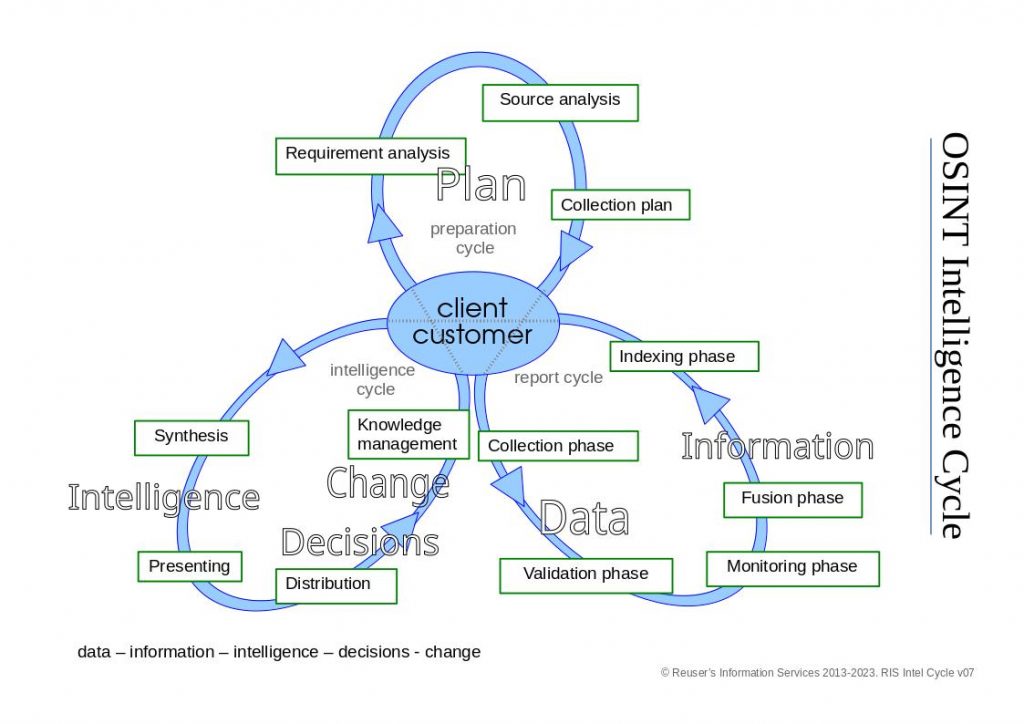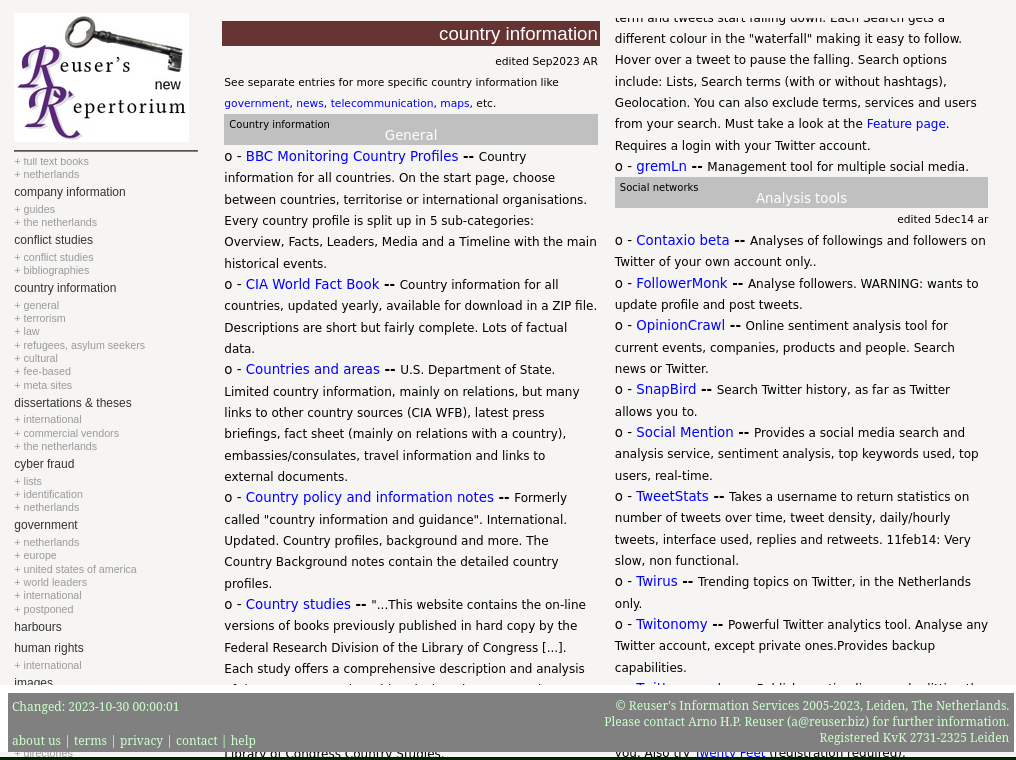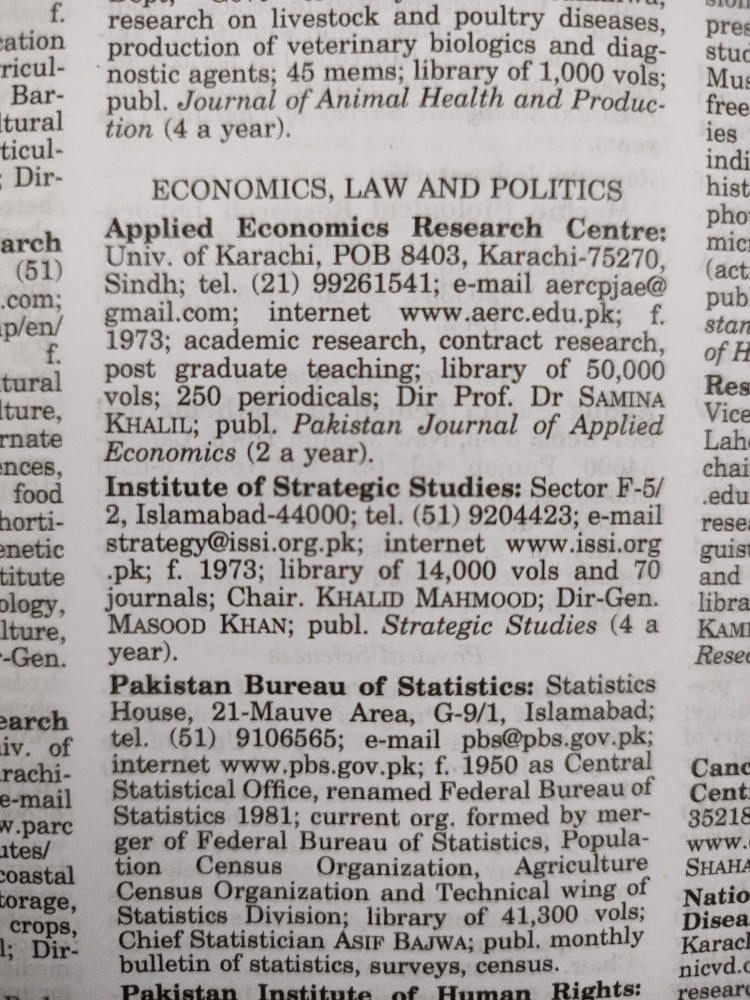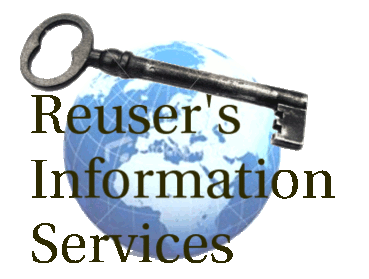
by Arno H.P. Reuser
31 October 2023
Reuser’s Information Services
a@reuser.biz | http://www.opensourceintelligence.biz
Introduction
The OSINT Pathfinder training programme teaches participants a structured, systematic and planned OSINT Methodology in finding relevant, reliable and actionable information from open sources, such as country information for international relations and conflict studies.
I have thus decided to publish a two part article on how to find country information the systematic and structured way, including a selection of sources.
However, participants generally are overwhelmed with the amount of information and the wide variety of country information sources available.
Any country profile is build following three steps:
- Requirement analysis and problem deconstruction
- Define as precise as possible what exactly you like to know or learn about when compiling a country profile. If you are an NGO planning to send support teams into a crisis area, you may be interested not just in general country information, but also the political situation, human rights, cultural background, but also the presence of workable harbours, ports, airfields, the condition of roads, etc.
- Collection plan
- Create a list of topics that will answer the above requirements and for each topic, make a note what exactly you like to know about that topic. Searching is so much easier if you spend some time thinking about what exactly you hope to find. Proper OSINT research starts with a plan, not with some random search engine.
- Source list
- The list of open source is derived from OSINF. That is, all information available in the public domain that can legally and ethically be obtained by anyone, for free or for a fee. Information is any object, any piece, any entity that is intended or is assigned the role, to derive data from. Thus: books, e-mail, humans, WWW, social media, maps, mud, broken tiles, etc. The source list could hold the name of the source, coverage, update dates, publisher, price, availability (in print, online, fee, provider), all depending on step one.
It is basically the first loop of the OSINT Intelligence Cycle below.

In this post we shall use the OSINT Resource Discovery Toolkit (http://rr.reuser.biz), also called ‘Repertorium’, to find the sources for country information. I limit myself to just one or two country information sources. Please realise that there are many, many more sources out there, depending on your requirements. Additionally, most of the links in this post point to one single country Iraq to be able to make a rough content comparison between sources. Please note, Iraq is only chosen as an example, I do not have any political opinion about the country.
The selection of topics is based on the scenario of an NGO sending support teams into a crisis area somewhere in the the world.

Part two will cover additional categories of country information such as airfields, maps, news, newspapers etc.
Country information sources in general
in the Repertorium, jump to Country Information to find general purpose sources for country information. One of the best, if not the best, is the BBC Monitoring Country Profiles service. BBC Monitoring publishes country information and news on international relations on a daily basis and is of high quality overall. This particular source is for free which means they publish limited data per country, but they do give a very useful media profile of each country: an overview of the press, publicity, newspapers and TV, indicating whether a source is independent or state-controlled, and more.

The second not to miss source is the CIA World Factbook. Extensive information on each country of the world, but in numbers: agriculture, economy, trade, climate, terrain, languages and much more.
Countries and Areas is a product of the U.S. Department of State. It gives limited country information, mainly on relations, but many links to other country sources (CIA WFB), latest press briefings, fact sheet (mainly on relations with a country), embassies/consulates, travel information and links to external documents.
The United Kingdom has a Country Policy and Information Notes service. It is a listing of notes and reports on the country, the government, humanitarian situation, security situation, minorities etc.
The United States Country Studies is an excellent source to get a thorough idea on the political history of a country. It describes the history of a country up to the nineties of the previous century. Not current, no. But an excellent source to get the historical development of a region.
Routledge publishes the excellent Europa Regional Surveys of the World. Very detailed and comprehensive country reports, published yearly. It’s a little pricy at 7,000 GBP, but you get what you pay for. Not to be missed in my humble opinion.
If there is a need for agricultural and food information on a country, the UN FAO may be a good source. It gives access to publications, data collections, projects, and news.
For the financial information situation of a country, the World Bank may be a primary source. The Bank gives basic financial data on a country, GDP, unemployment migration numbers, economic indicators, the environment, surveys, human capital index, and much more.
Global Edge is aimed at business and trade. Their country profiles give general information about the country, and focusses on business related information such as trade statistics, culture, risk, indices, resources and corporations. Their Global Resource Directory is worth a look.
Most general purpose information providers such as Factiva (see the list Factiva Title List online) and Lexis-Nexis offer databases on country profiles (such as Dunn’s and Bradstreet, Westlaw, EIU Viewswire), and give tips on how to search for country information. With tens of thousands of online databases, Lexis-Nexis is probably the largest provider of open source information, and they publish many analysis tools as well. Proquest Dialog too, used to have good country profiles (like DMS) and country information, but that company is in serious decline it seems. In 2011 ProQuest promised that Dialog would eventually offer up to 900 databases. To date, the number of databases on offer is a mere 150 or so.

The Economist provides the Economist Intelligence Unit country profiles. The full country profiles are excellent. The link has free information, but the full fee-based country reports are much longer and more comprehensive. A subscription is required.
Another publication by Routledge Europa Publications is the World of Learning. A fantastic resource to find learned institutions, universities, laboratories, think tanks, museums etc, organised by country name. Descriptions hold name, address, contact details, executives, e-mail and publications. Very useful to build on your information position and find interesting people that you can follow on social media such as LinkedIn, and find publications you may want to read or examine to find more experts. The books come at a price, but again, it is not about what you pay for information, but about how much time and money you save by investing in good sources.
Health and medicine
To get an idea about the health situation in a country, the UN WHO may be your first choice. They have field offices worldwide to give access to annual reports, the COVID situation, health performance, situation reports, humanitarian emergency and much more. The second not-to-be-missed source to mention here is the world’s largest medical database PubMed, published by the National Library of Medicine. PubMed is for free and the number one source for medical and healthcare.
Medicins sans Frontieres (doctors without borders) was founded in 1971 in Paris FR. The search engine allows searching by country name, returning the latest news on the medical situation and reports.
Terrorism sources
Country Reports on Terrorism are composed by the US Department of State. They publish a yearly report on the state of terrorism of all countries, downloadable for free. The latest edition is from 2021. The Global Terrorism Index provides a graphical display of the impact of terrorism on countries, a.o. based on data from the Terrorism Tracker. Many more sources on global terrorism and countries are listed in the Repertorium under the header ‘terrorism’. You will find, amongst others, links to dozens of data sets and terrorism databases.
Law
The Library of Congress publishes a range of research guides on a variety of topics. The Law Library has a Guide to Law Online, organised by country to find constitutional, executive, judicial, legislative sources and legal guides of countries.
Culture
For visitors some understanding of local traditions, culture, customs, do’s and don’ts, is essential to prevent blunders and embarrassing situations. The Cultural Atlas does exactly that: how to greet, core concepts, religion in daily life, naming conventions, etiquette, business communication, and things to take into consideration are explained.
Humanitarian country information
RefWorld is run by the UNHCR and is an excellent aggregator of global country information with a good search engine. You can search by country name, or country name and source, publisher, topic and type to get more relevant results.
To find out about asylum cases, refugee traffic, humanitarian situation etc. the Austrian Red Cross publishes the European Country of Origin Network (ECOI.net). ECOI publishes country profiles, maps, law guides, news, minorities and more.
The library of Amnesty International provides country reports on the humanitarian situation with an overview, news, research. The country profiles can be found under ‘news’. The annual report reports on the state of the world’s human right in about 156 countries. New York USA based Human Rights Watch publishes country reports on the humanitarian situation with year reports per country, video’s and news.
Reporters Without Borders aims to defend the right of every human being to have access to free and reliable information. RWB was founded in Montpellier FR in 1985 and provides news, country information and reports.
OCHA provides ReliefWeb, an excellent source on finding country information regarding disasters, humanitarian crises, global emergencies. It is an aggregator that also provides briefing kits for countries, ready to use.
Lastly the United Nations has a Office of the High Commissioner on Human Rights (OHCHR) with lot’s of country reports, latest news, reports.
Country conflicts
To find out about conflicts a country may be involved in, the Repertorium has a modest list of conflict databases worldwide. Amongst others, the following:
The Council of Foreign Relations publishes the Global Conflict Tracker. The Institute for the Study of War provides real-time, independent, and open-source analysis of ongoing military operations and insurgent attacks with daily reports and analysis.
LiveUAMap used to concentrate on the Ukraine only, but has extended its coverage to more areas. The Armed Conflict Location & Event Data Project (ACLED) is a data collection, analysis, and crisis mapping project. It collects information on the dates, actors, locations, fatalities, and types of all reported political violence and protest events around the world.
The International Crisis Group provides CrisisWatch, a global conflict tracker intended as an early warning tool. CrisisWatch is ideal to get a quick overview of current conflicts worldwide in one single report, updated monthly. CrisisWatch has a modest search engine to search for a single country or region if required.
The university of Uppsala Sweden in their Uppsala Conflict Data Program, publishes the Countries in Conflict View, a clickable map with a summary per country of the state of violence, actors, victims etc.
Country government information
To find out about governments, most countries have something like country or government websites available. For the USA, that could be USA.gov, the successor of FedWorld. But to find the names of cabinet members of countries, try the United Nations Heads of State, Heads of Government and Ministers for Foreign Affairs. It is a downloadable PDF file listing per country the head of government, the head of state and the minister of foreign affairs, all in English so transcribing non Latin names is not required anymore.
Another fantastic source to find names of world leaders, try Rulers, created by Benjamin Schemmerl (Germany) that provides listings of names of prime ministers, their political affiliation (name of political party), and birthdates. The site goes back hundreds of years in time and is very useful to find names of government leaders in the past. The design is ideal, simple and straightforward.
To find all members of a country’s cabinet, use the CIA World Leaders database, formerly known as the Chiefs of State and Cabinet Members of Foreign Countries. Updated weekly. The database does not just give names of cabinet members, but also of the chief of the national bank and other important functionaries.
